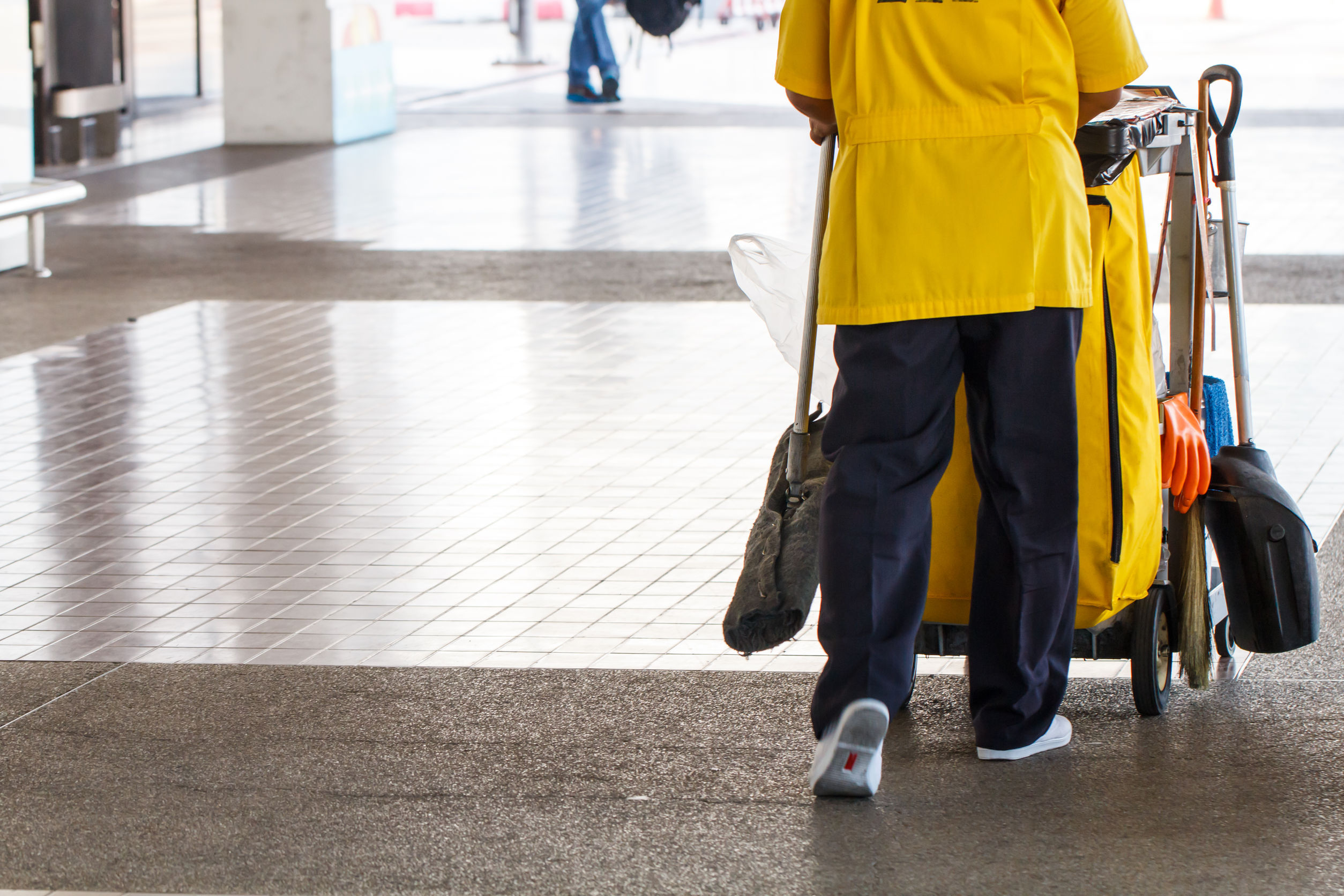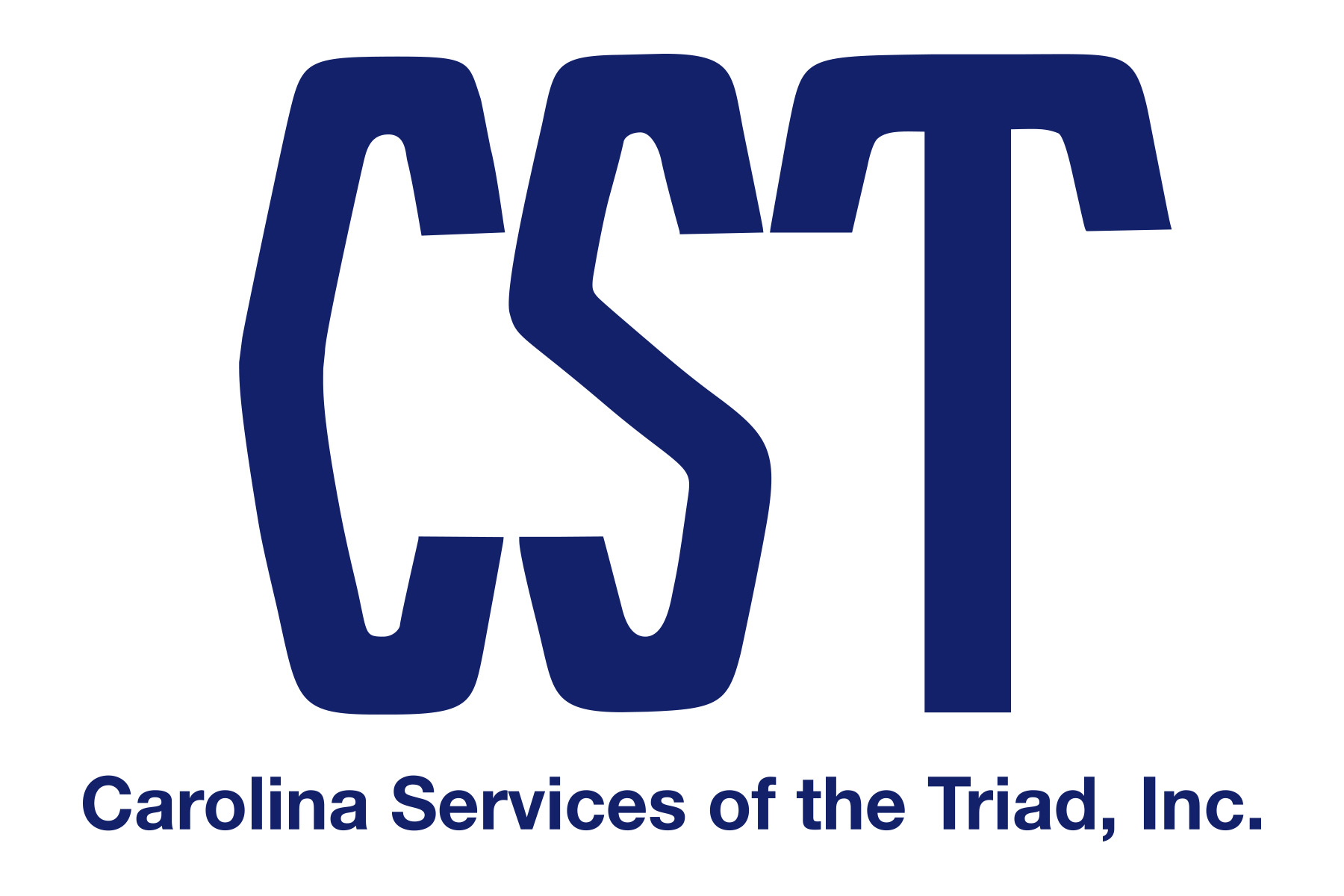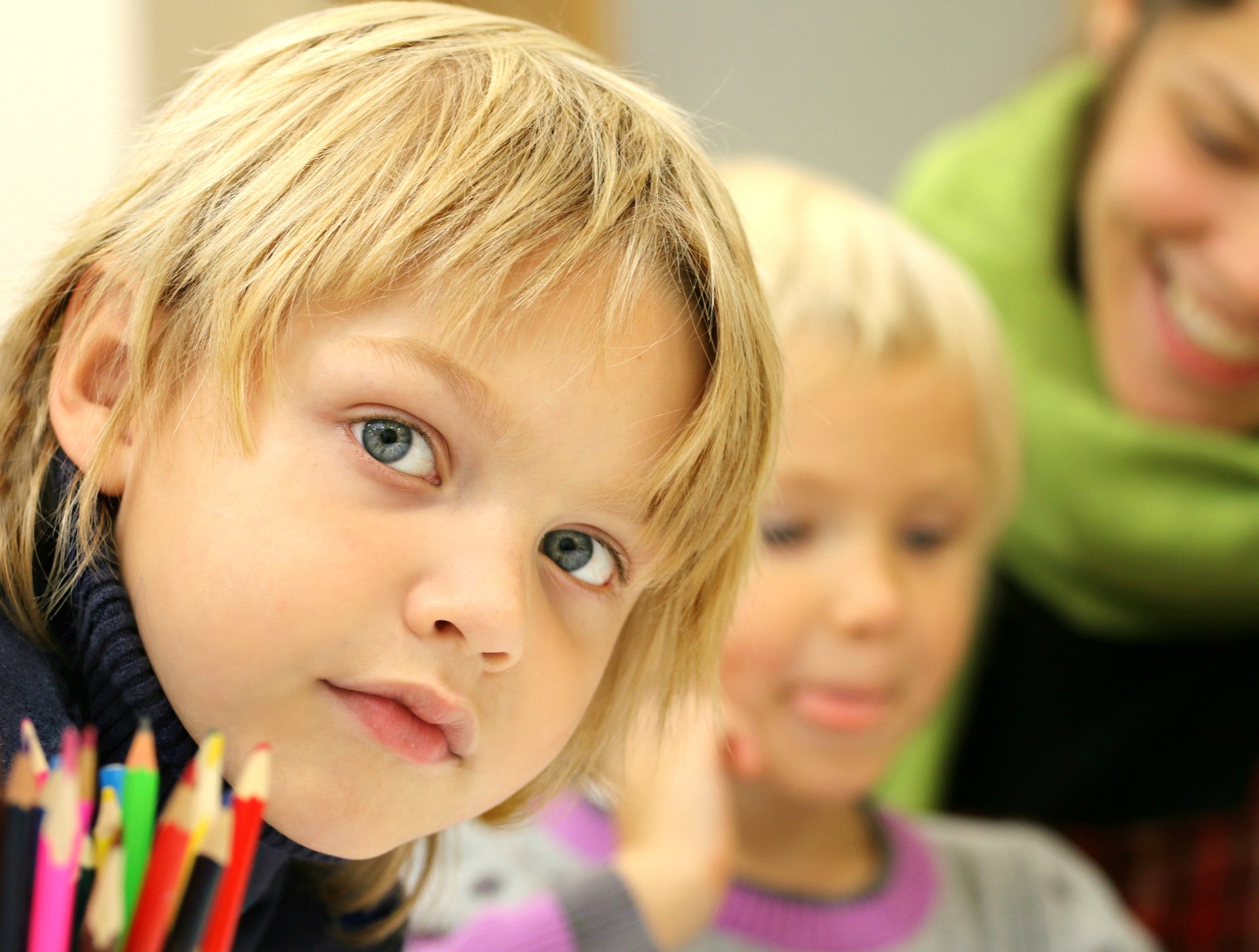This is the first article in a series on cleaning-related health issues facing our schools. We identify the problem in this post. Over the next few weeks, we’ll provide the solution and learn what to avoid.
An Overview
According to the North Carolina public school system, there are 2,592 public and charter schools in North Carolina1. Each of these schools needs to create a safe and healthy place for learning. However, some schools are putting students and the people who work and visit there at risk without knowing it.
As they do their best to create a clean place to learn, schools are exposing people to chemicals in cleaning products that can hurt them. Certain commercial cleaning products contain chemicals that make the air quality worse. This can affect breathing and may lead to the development or worsening of certain breathing conditions like asthma.
Other health problems have been linked to chemicals in traditional commercial cleaners, disinfectants, and sanitizers, too. Things like:
- headaches
- irritation of the skin, eyes, nose, and throat
- cancer
- reproductive problems
- endocrine disruption
Bleach, a common commercial cleaner, has been linked to many of these health risks. Not only does it produce a harmful vapor which can lead to lung problems, it is also corrosive, causing irritation to the skin and eyes and can be deadly if swallowed.
Many people are in and out of schools every day, including students, faculty, and families. Safer products need to be used in order to make sure everyone has a better place to learn, work, and play. Conventional products are leading to more health problems.
The Work Place
As of 2007, 519,735 adults were thought to have asthma in the state of North Carolina2. People working with or near products that may have chemicals that can hurt them are at a higher risk of developing or worsening their asthma.
Work-related asthma can affect many people. There are greater dangers for those who work directly with commercial cleaning products like janitors and food preparation staff. Those who work in areas cleaned by commercial cleaners are also in danger like teachers and school nurses. Studies have shown that asthma and other breathing conditions were made worse or developed in places where traditional commercial cleaners were used regularly.

Changing the way we clean our schools can create a healthier environment for our children.
For Students
Most adults can choose where to work and go, but children have to go to school. According to the North Carolina public school system, over 1.5 million students went to public or charter schools during the 2015-2016 school year1. Children are in even more danger to get health problems because they are not fully developed yet. In North Carolina, 322,007 children had asthma as of 20072. With the continued use of commercial cleaning products, this number could get higher. It has also been noted that many children have missed school because of an asthma-related problem. Continuing to use chemicals that could be harmful leaves children vulnerable to many health problems. These include:
- Breathing and other respiratory problems – children’s respiratory systems are not fully developed. Children breathe in more air than adults do. Because of this children are taking in more of the harmful chemicals. Also, because children are smaller than adults, the chemicals can cause their lungs more damage.
- Hormone/reproductive problems – because children are not fully grown yet, their reproductive and endocrine (hormone production) systems are not fully developed. Harmful chemicals can cause problems with hormone production and balance.
- Cancer – certain cleaning products have a chemical called formaldehyde. This chemical has been linked to causing cancer. Exposure to this chemical over a long time increases the chance that you may get cancer.
The danger that children face by breathing in traditional cleaning products is great. But it’s not the only danger they face from these products. As they play, learn, and explore, children also touch surfaces that have been cleaned with things like bleach. This can irritate their skin and eyes, sometimes causing permanent damage.
Is there a Solution?
While schools must continue to clean, there is a way to make it safer. Green cleaning products are available. These products are safer than traditional commercial cleaning products. Safer products mean safer schools and healthier children.
In the next article, we’ll go into detail on procedures and safeguards we use to provide the healthiest green cleaning solutions for schools in Winston-Salem, Greensboro, and the central Piedmont of North Carolina. If you’d like to schedule a consultation today, call us at 336-996-9883 or visit our contact page.
1“Facts and Figures 2015-16” https://www.dpi.state.nc.us/docs/fbs/resources/data/factsfigures/2015-16figures.pdf
2“Asthma in North Carolina” https://www.cdc.gov/asthma/stateprofiles/asthma_in_nc.pdf

